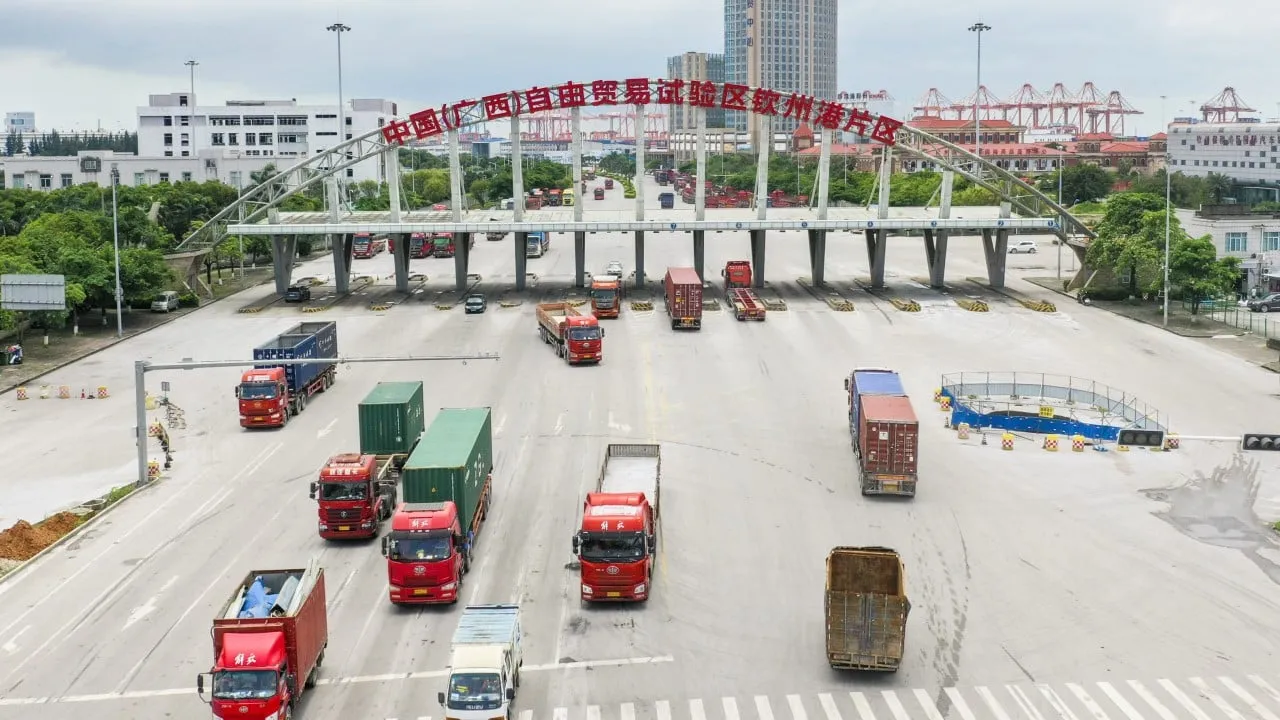Investment Facilitation Promises to Boost Foreign Investment in China’s Free-Trade Zones

Investment Facilitation Initiatives in Free-Trade Zones
Beijing is taking significant steps to strengthen its free-trade zones by enhancing investment facilitation measures aimed at foreign firms. During a recent meeting led by President Xi Jinping, the Communist Party committed to promoting investment liberalisation and streamlining capital and data flow to attract foreign investments.
Key Announcements
- The focus is on creating a more comprehensive policy for safe and orderly cross-boundary flow of data and trade.
- This initiative is part of a charm offensive to secure capital from multinational companies.
- A three-day investment summit resulted in signing 163 deals worth US$53.3 billion from multinationals across 37 countries.
Challenges to Foreign Investment
Despite these positive signals, foreign investment inflows have slumped by 29.1% year on year in the first half of 2023. Factors such as geopolitical tensions and national security concerns continue to affect the investment climate.
Future Prospects
The 22 free-trade zones in coastal cities like Shanghai and key inland regions are expected to play a crucial role in attracting investments. However, the implementation of these reforms will require tangible actions and timelines from Beijing.
Beijing's commitment to resolving foreign firms' concerns raises hopes for a more cooperative business environment, especially regarding data transfers, which have been a significant concern for foreign businesses operating in China.
This article was prepared using information from open sources in accordance with the principles of Ethical Policy. The editorial team is not responsible for absolute accuracy, as it relies on data from the sources referenced.